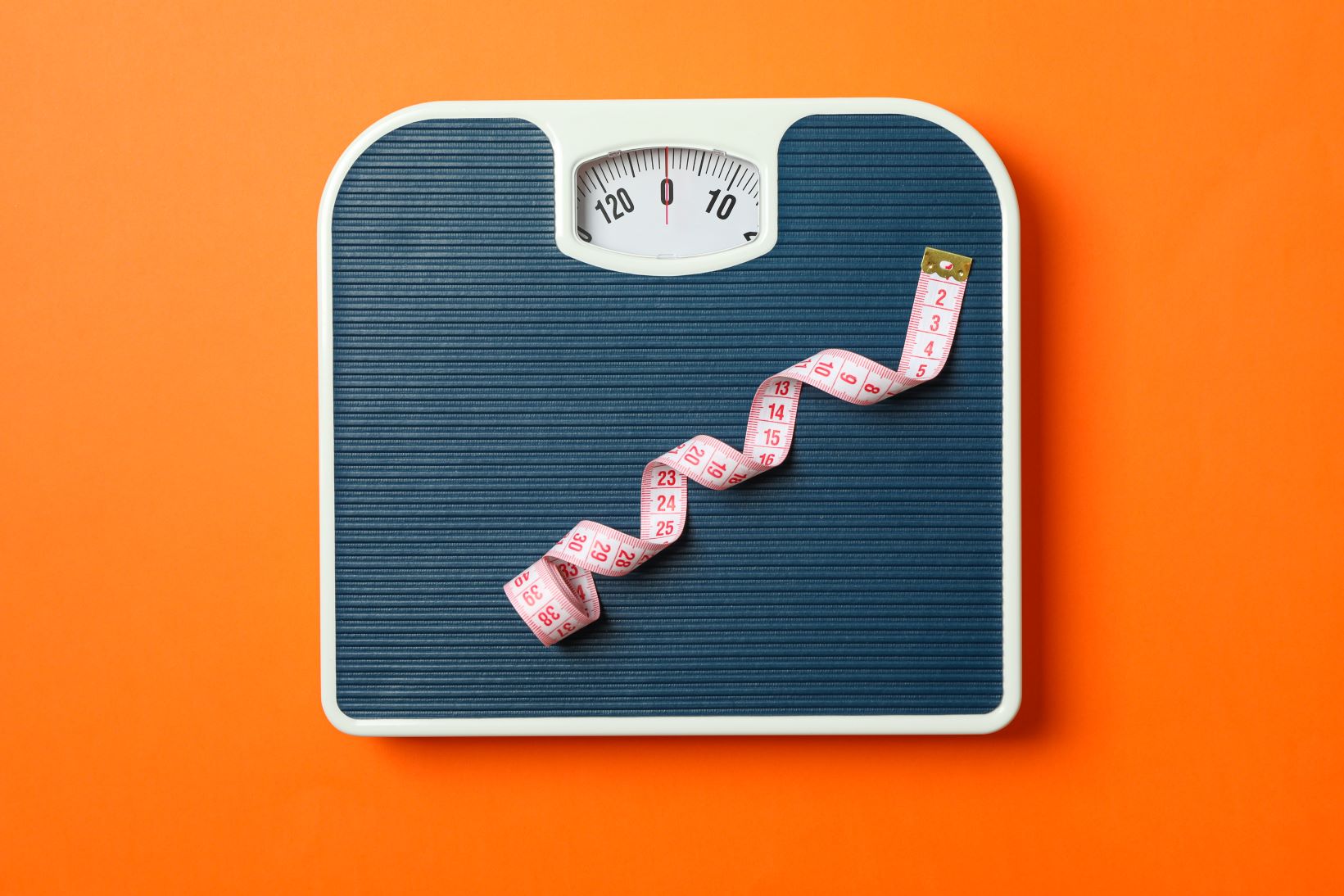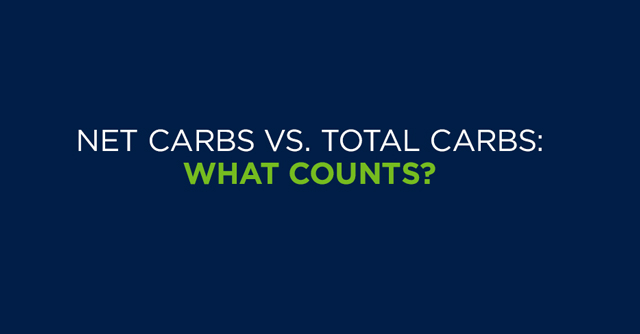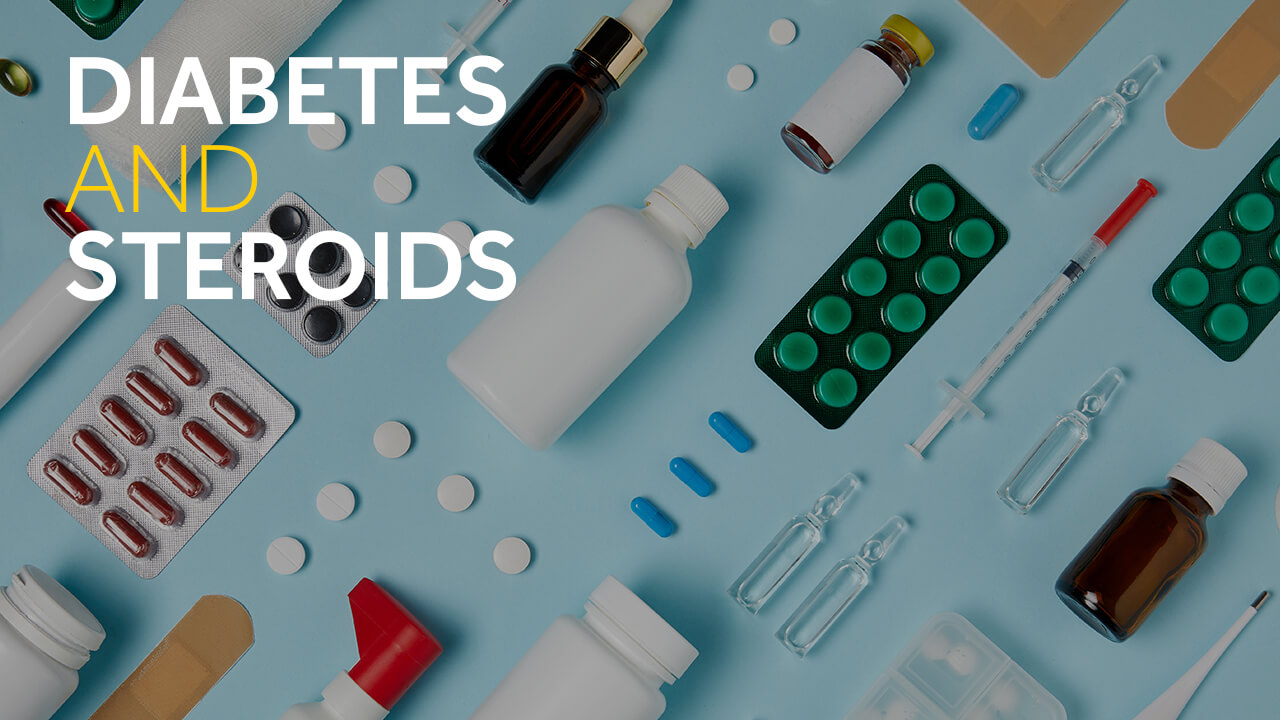Diabetes and weight gain

Diabetes itself does not cause weight gain
Before starting on an automated insulin delivery (AID) system, some people worry about whether it will cause them to gain weight. If you're on insulin, you might notice the pounds creeping up. Don't worry, you're not alone!
Let’s find out why and give you some tips to help keep your weight in check.
Why people with diabetes may gain weight
There are a few potential causes for gaining weight if you are insulin dependent.
Improved glucose control
First of all, people with undiagnosed diabetes may experience glycosuria (glucose in your urine). When diabetes is not managed, many calories go right through the body and get disposed of in urine. This typically occurs when the glucose level gets above 180 mg/dL.
With better glucose control, calories eaten stay in the body where the excess is stored as fat. Since automated insulin delivery improves glucose control (which is a good thing!), glucose (and therefore calories) is no longer lost in the urine. Now overeating will lead to weight gain — just like it does in someone without diabetes.
Treating hypoglycemia
If you have an episode of hypoglycemia, you take glucose to correct it. If hypoglycemia occurs often, or you take more glucose than is actually needed, you can end up consuming an excess of calories.
How to avoid weight gain while on insulin
Controlling weight gain while on insulin likely requires some lifestyle changes.
Automated insulin delivery systems
An AID system can regulate glucose levels and help prevent hypoglycemia. The less often you experience low glucose levels, the less often you are to grab a sugar-filled item to treat it.
Nutrition
Whether you’re living with diabetes or not, nutrition is key to a healthy weight. One thing you can do is meet with a dietitian to understand your nutrition plan and actually follow it. Another tip is to ensure you’re eating — skipping meals can cause your glucose levels to drop.
Remember you have a team to help you succeed: your healthcare provider, your diabetes educator, your dietitian, and your family and friends.
Exercise
Exercise is another important part of maintaining a healthy weight, but did you know it also makes an impact on your body’s blood sugar? Being active increases sensitivity to insulin, which better allows your body to convert blood sugar to energy. Physical activity is helpful for both your weight and diabetes management.



